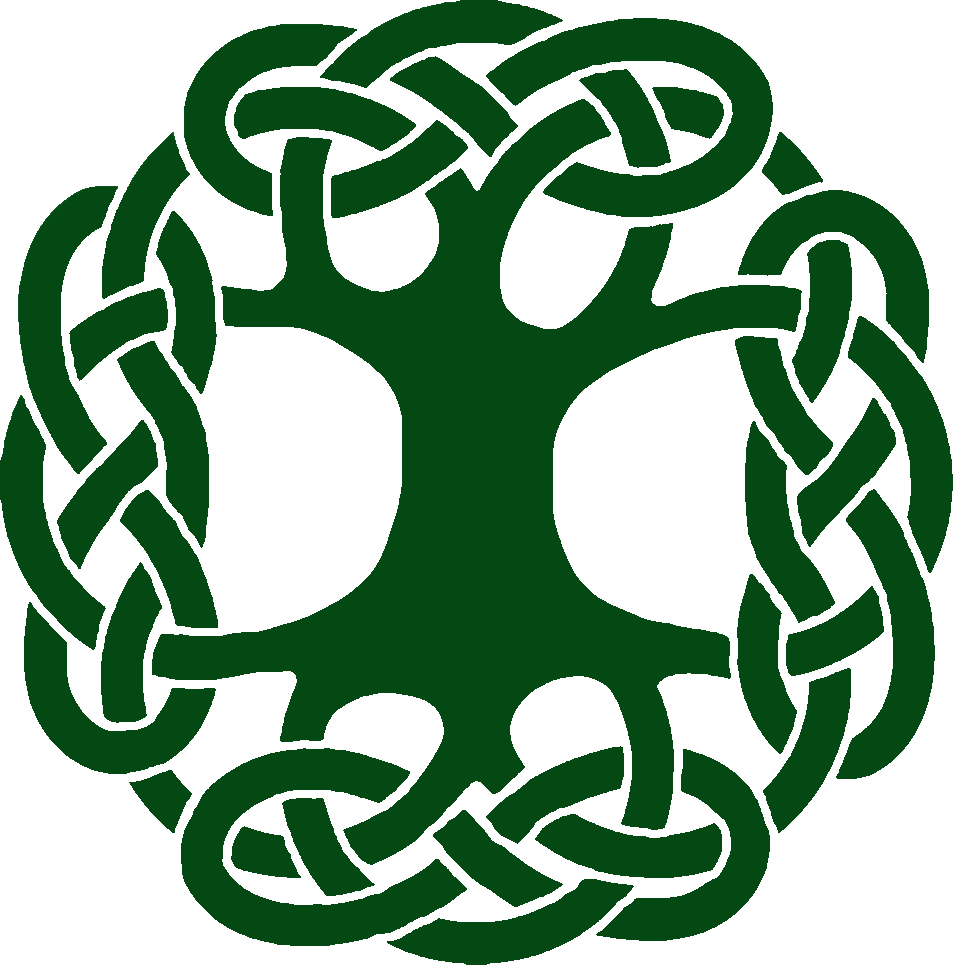

PROTO-INDO-EUROPEAN
ROOT
EXTENSIONS
• Lat. tundō ‘strike’ (with repeated blows), ‘beat’, ‘beat’ (the breast, as a sign of grief), ‘buffet’ (of wind, waves), ‘assail’, ‘assail’ (the ears with the constant repetition), ‘din’ (a statement into ears), ‘beat’ (ingredients to powder or pulp), ‘crush’, ‘bruise’ (OLD: 1989f.).
• Lat. studeō ‘devote oneself’ (to a specified activity or study, the attainment of some object, etc.), ‘concern oneself’ (with smth.), ‘concentrate’ (on), ‘strive after’, ‘be a partisan’ (of), ‘support’, ‘favour’, ‘take sides’, ‘apply oneself’ (to one’s books), ‘study’ (OLD: 1830).
References
OLD = Oxford Latin Dictionary. Oxford University Press, 1968.